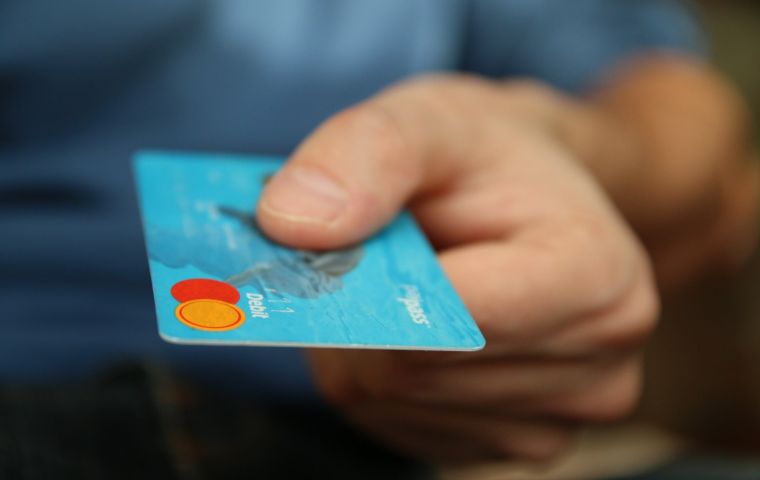MercoPress. South Atlantic News Agency
What can you do to prepare for a personal Financial Crisis?
 Photo: Pixabay
Photo: Pixabay Let's face it. No one likes the thought of a job loss, an automobile accident, an illness, or any other major event that could negatively impact their finances.
Even the COVID-19 pandemic caught some of us off-guard, keeping us awake every night throughout the pandemic. But one thing is certain: Life has to move on.
Therefore, even as you go through the profit radar report review, it is essential to remember that with proper preparation, the scenario of something beyond your control (in terms of finances) taking place will become less threatening.
With that said, effectively manage a personal economic crisis using the following major steps.
First Things First! Make a Budget
When drafting your budget, determine the amount of money your emergency fund needs. Knowing these two things will help you;
- How much money comes in
- How much money goes out (expenses)
A budget is a simple, crucial, and useful tool for uncovering whether one lives below or above their means. While a budget won't force you to change how you spend your hard-earned money, it will help you realize how happy and satisfied you are knowing your financial position. And this brings us to the next step.
Create an Emergency Fund
The size of your monthly income doesn't matter. What is more important is the percentage of your income that goes to your savings account. Therefore, the best advice would be to save as much as possible. You might have several side incomes or a stable job, among other things. But here is the thing! Making an emergency fund is still vital.
For instance, suppose you lose your job. In that case, approximately six months of a good emergency fund will keep you afloat throughout the financial crisis.
Maximize Your Liquid Savings
What are liquid savings? Any amount of money you can withdraw easily to settle liabilities is considered liquid. From this definition, you are better positioned to point out the key areas that can be helpful in times of crisis. For example, you can use money market accounts, savings, and other cash accounts, including certificates of deposit, to maximum advantage to prepare yourself for any impending financial crisis.
The best thing about the resources named above, including numerous short-term government investments, is that their value is independent of market conditions. Therefore, unlike Exchange Traded Funds and stocks, these resources don't lose value. Until you have some months' worth of cash in liquid accounts, it is best to avoid investing in higher-risk investments like index funds, stocks, etc. The recommendation is first to check your risk tolerance and financial obligations.
Find More Income Streams
If you have one passive income stream, make an effort to add one or two more. The idea behind looking for additional income streams is to help you worry less about earnings from your present occupation. An extra income stream can act as leverage by chipping in when you need to pay your bills.
For example, after identifying the gap in today's content creation industry, you can make some extra cash by writing articles and selling them to free-lance sites. In addition, converting your hobby into a passive income stream is possible.
Settle Your Credit Card Debt
Did you know that the longer you take to pay down your credit card debt, the higher the interest charges will be over time? Therefore, pay down your credit card debt instead of watching your monthly interest charges take up a significant portion of your budget.
This way, you will be better positioned to begin improving your financial status. Plus, settling your debts will significantly reduce your financial obligations.




Top Comments
Disclaimer & comment rulesCommenting for this story is now closed.
If you have a Facebook account, become a fan and comment on our Facebook Page!